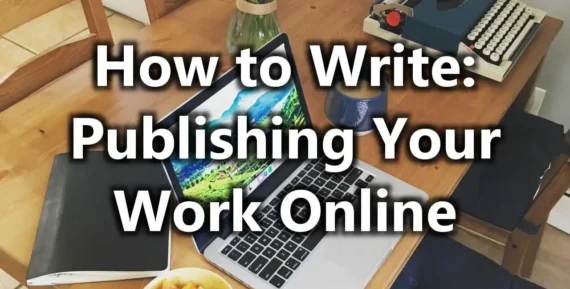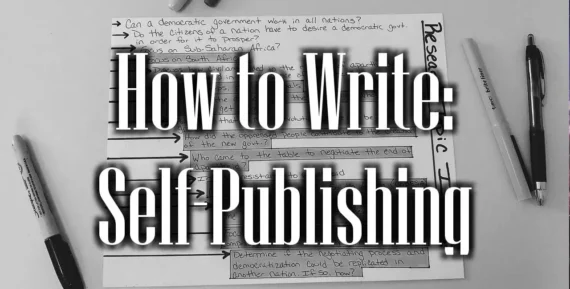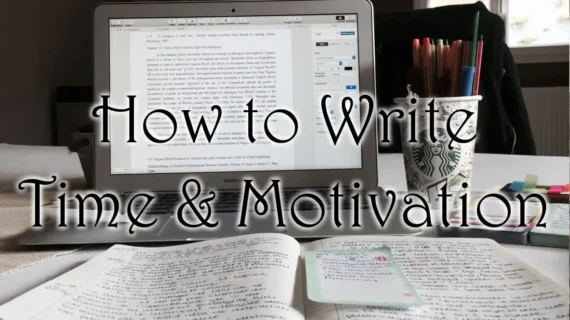How to Write: Self-Publishing Your Work Online
You’ve written a book, and it’s the best thing ever! So, now you want people to read it. How do you get it to them? In our current publishing world, there’s three major options. You can contact a traditional big publisher, who – if everything goes well – will buy the rights to your book,…


